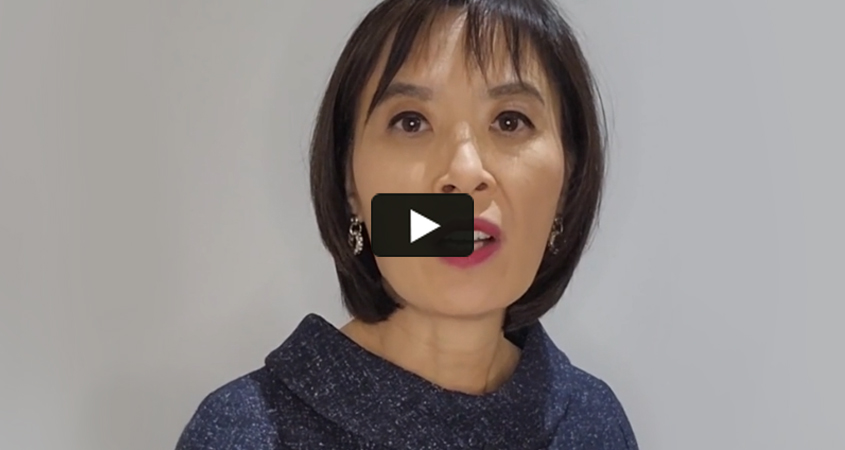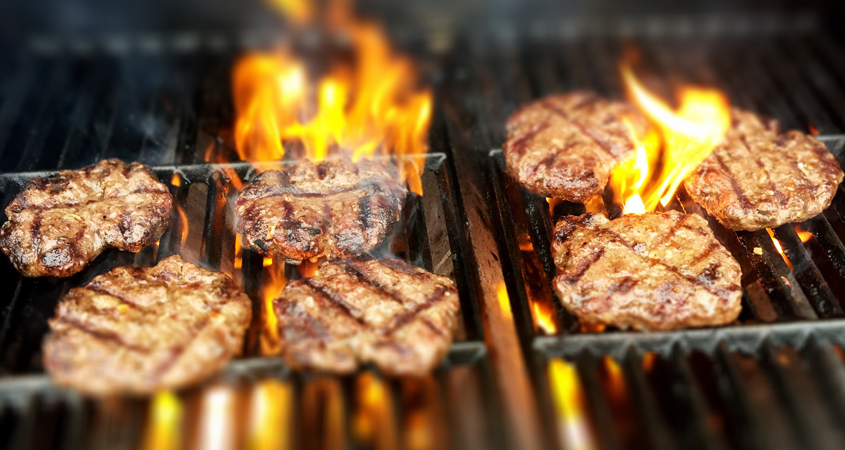Going ‘viral’ with over half a million accounts reached is an abstract concept for many of us who have healthcare careers and post for the purpose of getting important evidence-based information out to people. Recently I posted a Cancer Awareness Series. The risk of BBQ foods went ‘viral’. I’m ‘at risk’ for colon cancer because of my family history.
Check out my Instagram post that so many people viewed and reshared and commented on:

Here’s the literature from the National Cancer Institute: https://www.cancer.gov/about-cancer/causes-prevention/risk/diet/cooked-meats-fact-sheet
Grilling can create cancer-causing chemicals
As someone who has a family history of cancer, I’m vigilant about my risk factors. My grandmother, aunt, and mother all succumbed to colon cancer.
I’ve done my colonoscopy since age 40 because of my higher risk. Each time, they find a few more polyps to snip off. If left unattended, some can become cancerous.
However, there is far more that I have done to reduce my risk. Starting with NO grilling on the BBQ. I’ve retired my lovely grill in my backyard. Here’s why!
When you are grilling over high heat, especially with flames and charcoal bricks, you are exposing yourself to two cancer-causing chemicals carcinogens:
- heterocyclic aromatic amines (HCAs)
- polycyclic aromatic hydrocarbons (PAHs).
Both have been shown to cause changes in DNA that may increase the risk of cancer.
HCAs are produced when the amino acids and creatine in muscle proteins react to high heat. The longer meat is exposed to the heat, the more HCAs are produced.
PAHs are produced when fat burns in an open flame but also when you expose the food to smoke.
PAHs are found in cigarette smoke and air pollution, which partly explains why smoking and air pollution are linked to different cancers.
While grilling vegetables is better because they have no muscle proteins, any amount of excessive charring can create benzopyrene (a type of PAH) and other carcinogens.
As for Carcinogens, again moderation is key
I recognized early in my life that I could reduce your risk of future cancer. That’s a huge reason why I’m now practicing in the space of preventative personalized medicine. Carcinogens do change your DNA, and our DNA repair mechanisms work all the time. However, as we age, these systems become less robust due to several lifestyle variables such as our diet, alcohol consumption, exercise, and sleep.
The fewer repairs these mechanisms have to make, the less chance you’ll get cancer.
TAKEAWAY: Cut out the BBQ regularly, don’t burn your food, and work on your lifestyle skills!
Check out my Instagram Video that caught the attention of over 500,000 people and has over 60,000 reshares.


